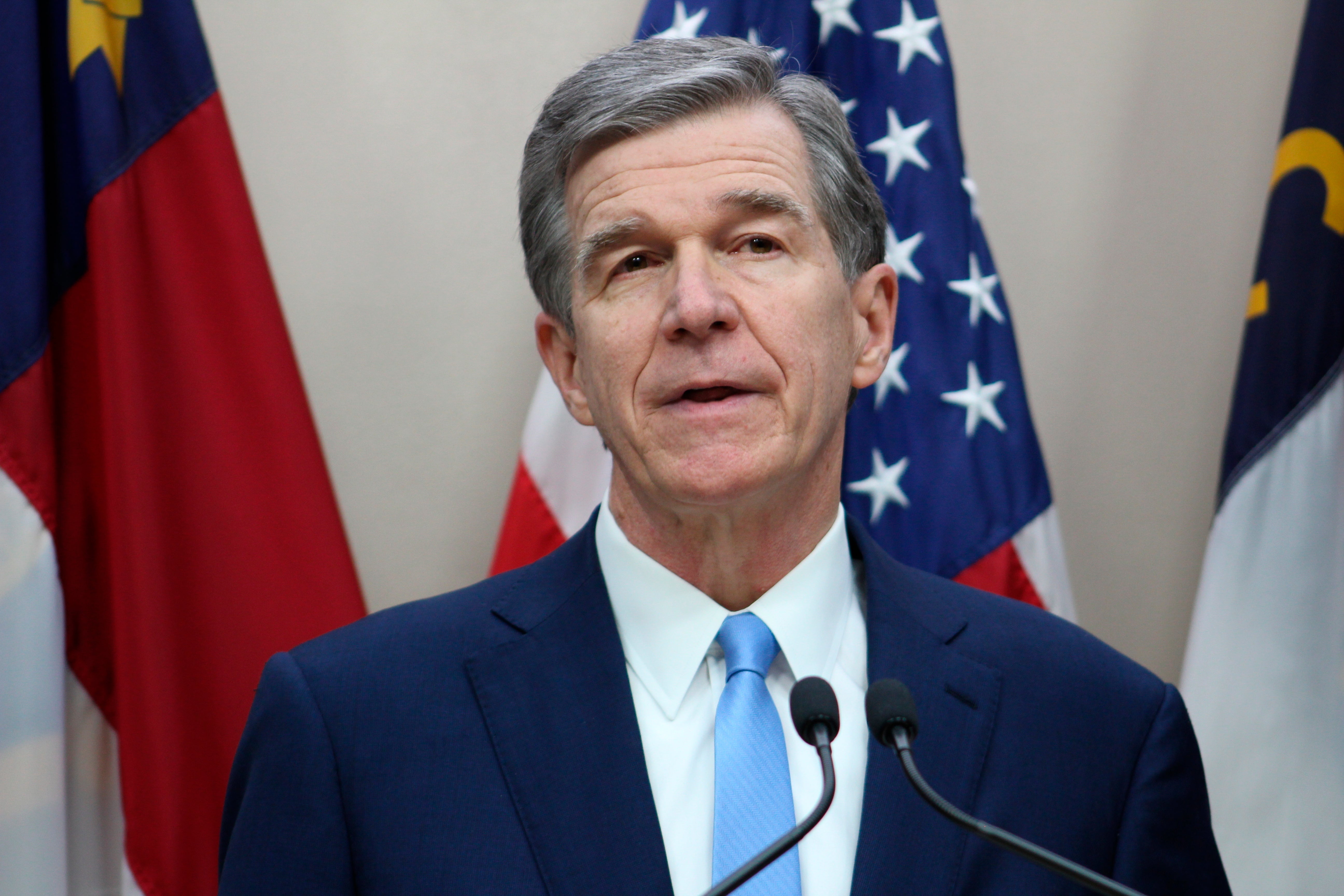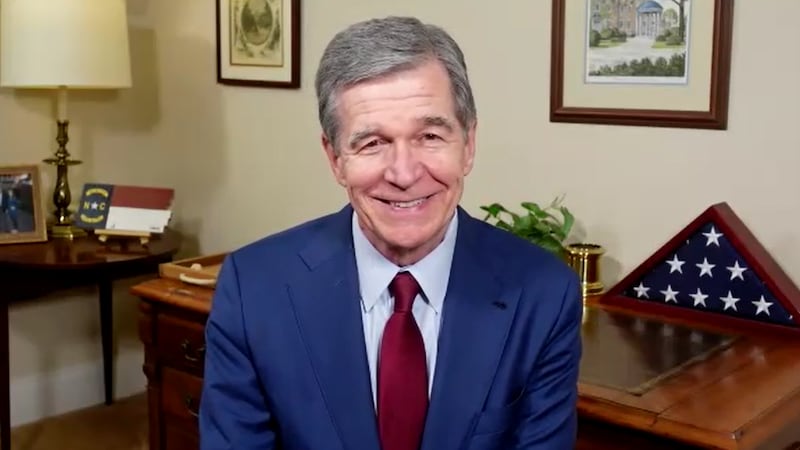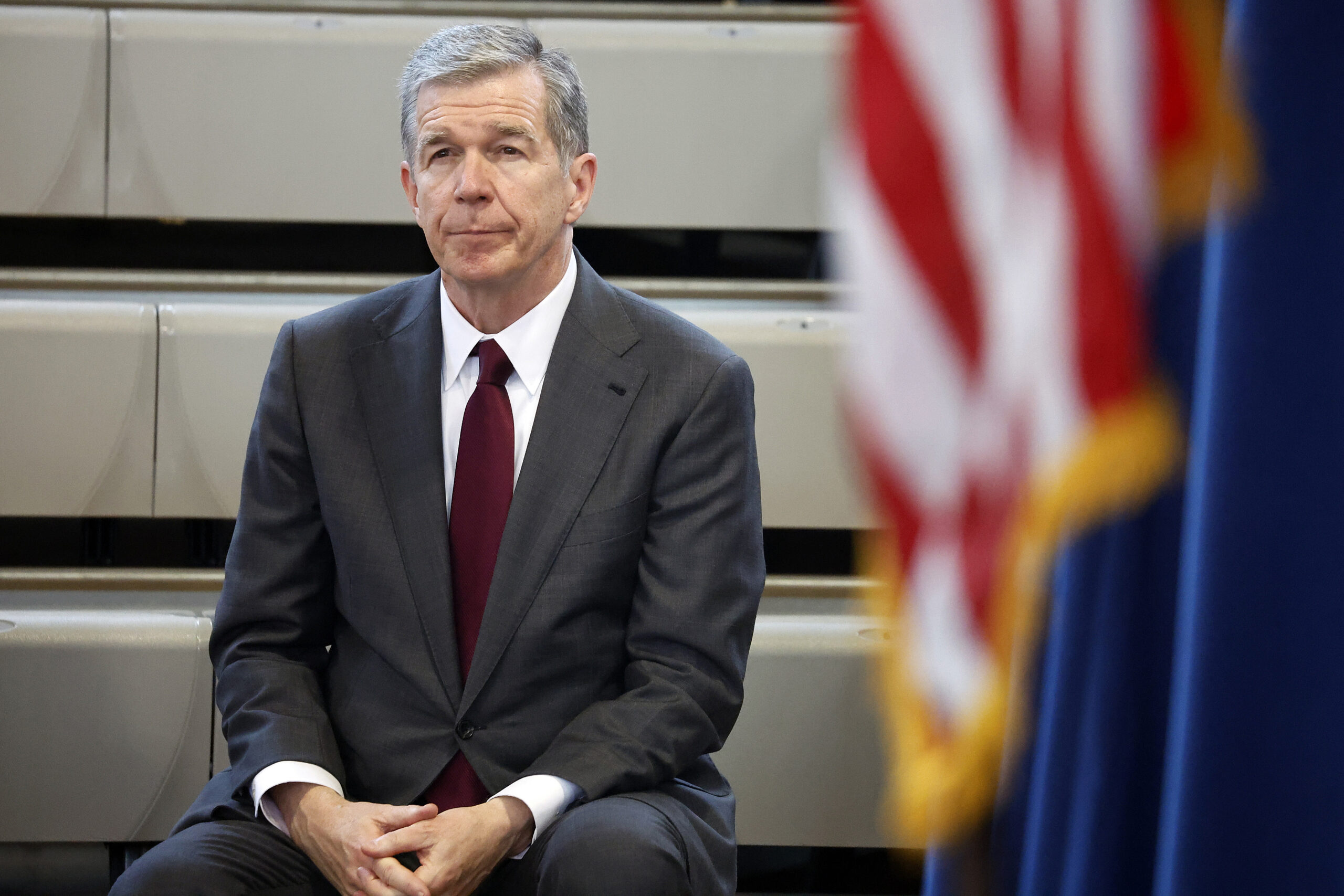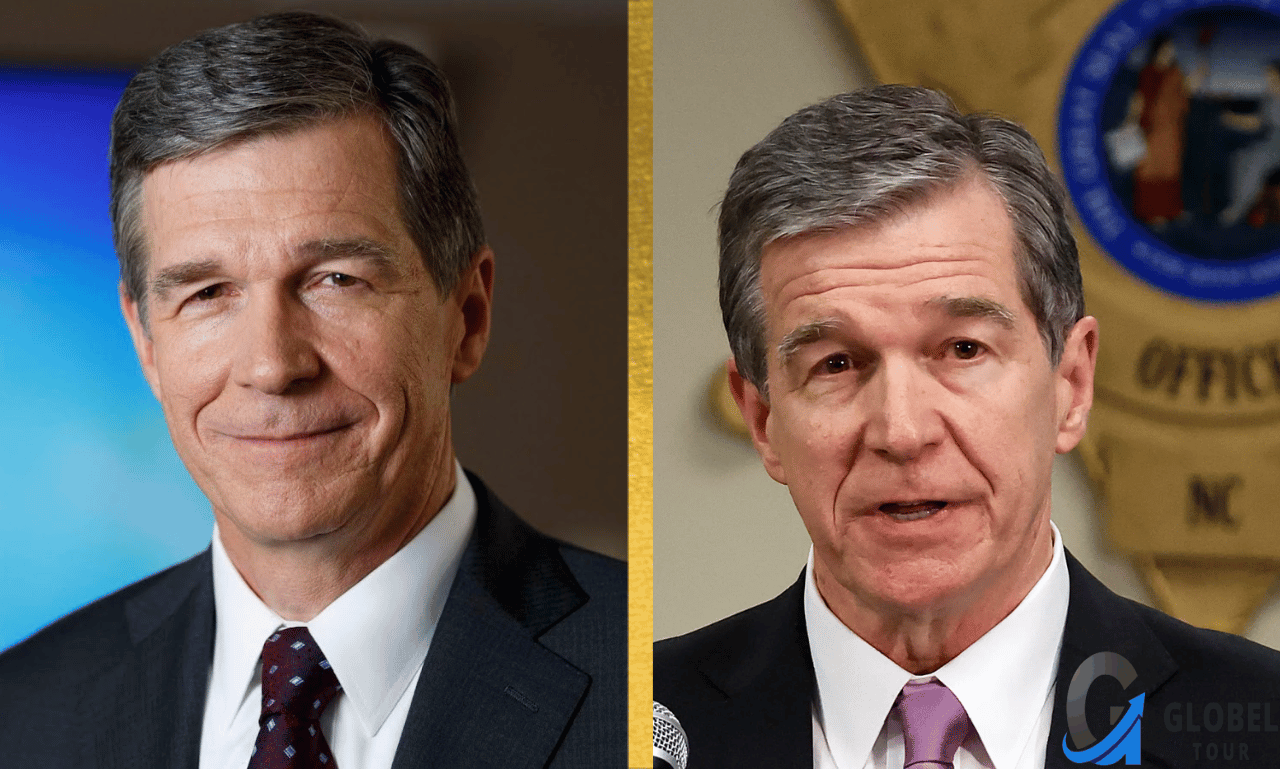Introduction
North Carolina, one of the United States’ most significant economic and political states, often makes the news for its progressive moves, legislative decisions, and political leadership. At the heart of this state is the office of the Governor of North Carolina, a position that plays a vital role in shaping the state’s policies and the direction of its future. In this article, we will explore the latest news surrounding the Governor of North Carolina, shedding light on recent decisions, policies, and events that have caught the public’s attention. The governor’s influence on state governance and how they interact with national issues will be discussed in detail.

The Role of the Governor in North Carolina
A State Leader with Significant Powers
The Governor of North Carolina holds one of the most influential positions in the state’s political hierarchy. Serving as the head of the state executive branch, the governor is responsible for overseeing the implementation of state laws, managing the state’s budget, and executing orders that directly affect the daily lives of North Carolinians. In North Carolina, the governor also has veto power over legislation passed by the state legislature. This critical function allows them to check the decisions made by the General Assembly.
Key Responsibilities
The Governor’s responsibilities are expansive. They include setting the legislative agenda, directing the state’s economic and social policies, coordinating disaster response efforts, and appointing key officials within the state government. Additionally, the governor is the commander-in-chief of the North Carolina National Guard and can mobilize it during emergencies or disasters. Their leadership extends to education, healthcare, transportation, and infrastructure, making the position crucial for the state’s overall development.
Recent Developments in North Carolina’s Governance
New Policies Under the Current Governor
One of the most recent pieces of news involving the Governor of North Carolina is their stance on key state issues such as healthcare reform, education, and infrastructure. The current governor, whose office has been characterized by a focus on progressive policies, is pushing for new initiatives that address the needs of modern North Carolinians.

For instance, healthcare reform has been a hot topic under the current administration, with an increasing focus on expanding Medicaid and improving access to healthcare services for all residents. This has been a point of debate within the state’s legislature, where lawmakers have been divided on the best approach to such expansion. The governor’s leadership has been instrumental in trying to find a middle ground to address the healthcare needs of rural communities.
On the education front, the Governor of North Carolina has also been active in implementing policies that aim to improve public education and teacher compensation. Efforts to modernize the state’s school system include investments in technology and teacher training programs to ensure students receive the best education possible. These policies have sparked significant debates in both state and local governments, with the governor pushing for bipartisan support to ensure the policies are implemented successfully.
The Impact of the Governor’s Leadership on Local Communities
The governor’s leadership has had a direct impact on local communities, particularly those in rural areas. Initiatives such as job creation programs, transportation funding, and affordable housing have been a central focus of the administration. The governor has also prioritized enhancing the state’s infrastructure, a topic that has gained significant traction as North Carolina continues to grow. With population growth and urbanization becoming more prevalent in the state, the need for improved roads, public transportation, and utility systems has never been greater.
Local businesses have also been affected by the governor’s decisions. Small businesses, in particular, have benefited from grants and tax breaks designed to encourage entrepreneurship and job creation. As the state’s economy continues to evolve, the role of the governor in shaping a business-friendly environment remains essential.
Governor’s Stance on National Issues
Climate Change and Environmental Policies
One of the most significant topics that has gained attention in North Carolina under the leadership of the current governor is climate change and the state’s environmental policies. With the increasing frequency of hurricanes and extreme weather events in recent years, North Carolina has been taking steps to mitigate the effects of climate change through state-level legislation.
The governor has been active in pushing for stronger environmental protections and working with other states and national agencies to combat rising sea levels and environmental degradation. Programs focused on renewable energy, coastal preservation, and sustainable farming practices have been central to the governor’s platform.
Relations with the Federal Government
The Governor of North Carolina’s relationship with the federal government also plays a pivotal role in the state’s political landscape. Depending on the political affiliation of the president and the governor, this relationship can shift dramatically. Recently, the governor has worked closely with federal authorities to secure disaster relief funds for the state following hurricanes and other natural disasters.

Additionally, the governor’s stance on federal issues such as healthcare, immigration, and infrastructure has drawn attention. While some policies at the federal level may be opposed by the governor, their role is critical in navigating the balance between state autonomy and federal cooperation.
The Governor’s Office and Its Future
Preparing for the Upcoming Elections
As the next election cycle approaches, North Carolinians are eagerly anticipating the news regarding the next gubernatorial race. The current governor’s term is set to expire soon, and potential candidates for the next officeholder are already making their moves in the political scene. The governor’s performance during their tenure will likely be a significant factor in determining who will succeed them as voters reflect on the effectiveness of their leadership.
Polls and early endorsements are starting to form, with various political figures emerging as possible contenders for the governor’s office. The political landscape is shaping up to be competitive as both major parties seek to take control of the office.
The election is expected to focus on issues that have dominated the state’s headlines, such as economic development, healthcare reform, and education. Candidates will need to present clear, actionable plans to address these concerns if they want to gain the support of North Carolina’s diverse electorate.
The Long-Term Vision for North Carolina
Looking beyond the next election, the long-term vision for North Carolina under future leadership will likely continue to center around economic growth, education, and infrastructure development. North Carolina is experiencing rapid growth in industries such as technology, healthcare, and manufacturing, which require forward-thinking leadership and policy changes to keep up with the demands of the future.
The state is positioning itself as a hub for innovation, with investments being made in cutting-edge industries. To continue this momentum, future governors will need to prioritize education and workforce development to ensure that North Carolinians are equipped with the skills necessary to compete in a rapidly evolving global economy.

Conclusion
In conclusion, the Governor of North Carolina plays a crucial role in shaping the state’s future, influencing policy decisions that affect everything from education to healthcare and even the state’s environmental policies. The latest governor’s actions in the political sphere have been instrumental in addressing some of North Carolina’s most pressing issues, including economic development and disaster relief.
As the political landscape in North Carolina continues to evolve, the office of the governor will remain a focal point of the state’s governance. The decisions made by the governor have a far-reaching impact, not only within the state but also on a national scale. With the upcoming election on the horizon, North Carolinians are sure to be paying close attention to the news surrounding the governor’s office, as it will ultimately shape the future direction of the state.
Table: Key Areas of the Governor’s Influence in North Carolina
| Area of Influence | Recent Developments | Governor’s Role |
| Healthcare | Medicaid expansion and rural healthcare access | Advocate for healthcare reform and increased access to services |
| Education | Teacher compensation and school modernization initiatives | Proponent of educational reforms focusing on improving schools |
| Infrastructure & Economy | Investments in roads, public transport, and rural economic development | Overseeing economic growth, transportation projects, and business incentives |
| Environmental Protection | Climate change policies, renewable energy programs, and coastal preservation | Driving sustainable environmental practices and disaster preparedness |
| Disaster Management | Hurricane response and securing federal disaster relief | Coordinating disaster relief efforts and emergency responses |




